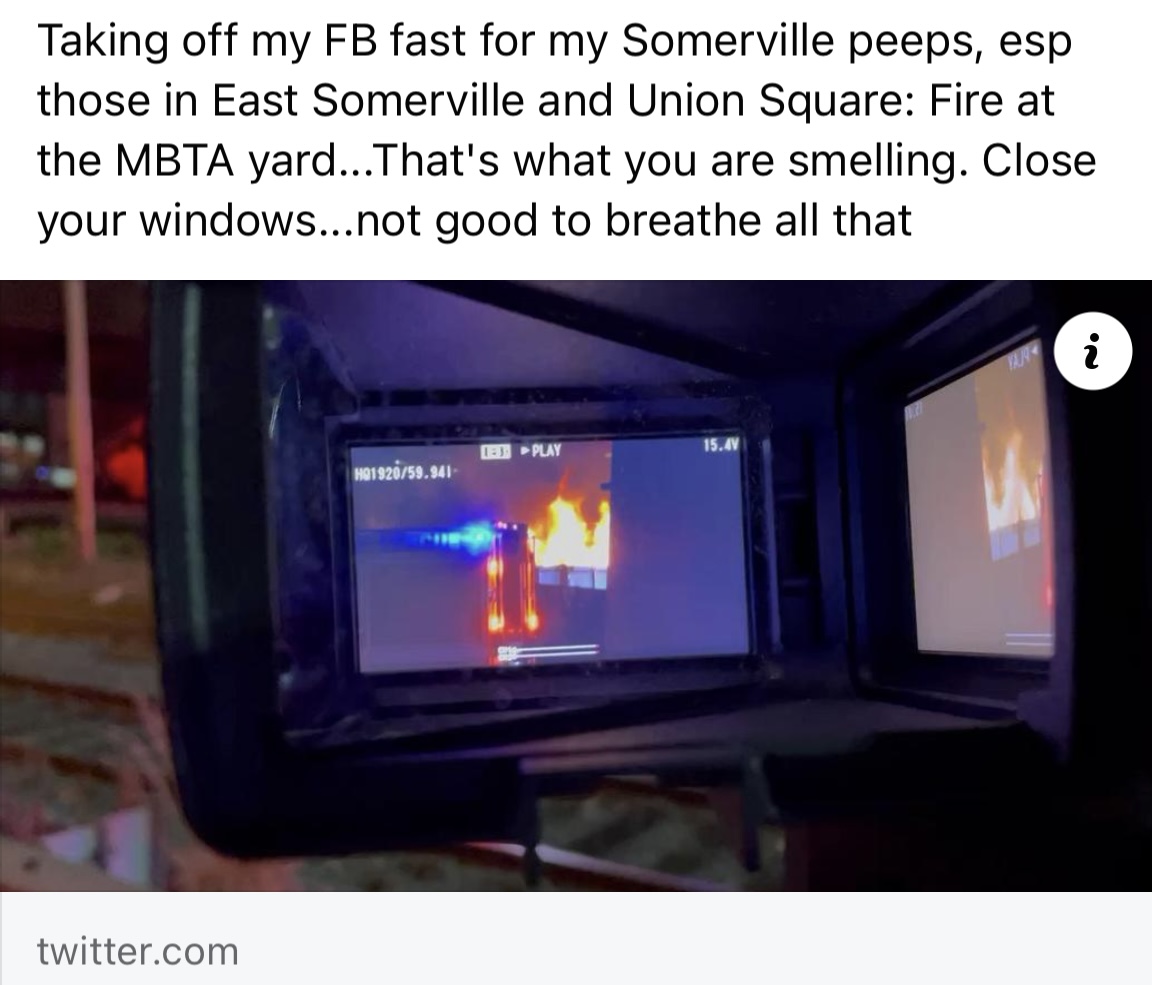It has been a looooooooong while, but I figured this was as good a place as any to record my thoughts. Last month (September), I decided to take the advice of Cal Newport and do a 30-day Facebook fast. I have my own struggles with his book Deep Work as I narrated here, but I thought it would be interesting to not only leave Facebook for a month, but to be intentional about tracking my experience in doing so. On Newport's recommendation, I didn't announce I was taking a hiatus, but I did write to a select few who might a) actually notice I was gone and b) who might be alarmed if I didn't note their birthdays or other important occasions/posts with a Facebook response.
The responses I received to that email were the first part of my lesson. I was rewarded with actual responses of support and a desire to know how it went (so, this post is for all y'all!). So, I've decided to do a little run down of my most cogent observations and how the experience changed as the month went on, as well as the startling experience of today, my first day back.
I did have one "cheat" day---I posted and looked on a local forum when my entire neighborhood smelled of smoke. Turned out there was a subway car (thankfully in a yard) on fire.
Day 1 (don't worry---I won't record all thirty days) insights
PROS:
- spousal narration of what's on Facebook more interesting when I haven't already seen it
- less inclined to check other social media in general (transferred guilt), although I did check Instagram
- much more conscious of my need to vent! Even though I've thwarted my venting on Facebook, it is often after I delete what I've written. This is forcing me to figure out other (healthier?) routes.
- FOUND TIME. Amazing how many 2-5 minute work tasks you can find when Facebook isn't the go to. It wasn't so much about the time, but the consciousness of those five minutes here and there. They took on greater value.
- Feeling WAY less burdened by EVERYONE's hot take on EVERYTHING.
- Increased mindfulness in general
- Slight FOMO, but not missing hot takes, sanctimony, or rants
- Felt a little...lonely. That's worth looking into.
- THREE times on the first day, I MINDLESSLY clicked on a different app on my phone because the icon is where the Facebook icon was. That was a bit unsettling, although I consider it a PRO that I noticed it at all!
- Not being able to vent on Facebook necessitated other ways of processing (or processing in general, which is not the same as venting). That's probably a big win from this experiment.
- I took note of when I felt the urge to share. Much of the time it was the minutiae that seems insignificant for an actual conversation (did you notice the MFA changed it's logo?). I found that most of the time I wanted to post, it was humorous or lighthearted. I gave up on using Facebook as a platform for meaningful discussion awhile back. My focus on activism has been more solitary or directed through my work with ETUDE or Community Cooks.
- I caught myself on the Instagram reel vortex, as I like to call it. I had already decided Instagram was still allowed, partially because I use it for ETUDE, but I was only supposed to check it occasionally and post less frequently. I hopped on Foursquare, so clearly I had some sort of craving for some kind of social media engagement...but what? Just procrastination? Was it connected to anxiety about the semester starting?
If you know me well, you know I loathe the phone. That hasn't changed, but not being on Facebook made me a tad more conscious about events/celebrations on my radar screen without the assistance of Facebook, so I called two dear friends whose wedding I officiated many moons ago. It was a surprise to all of us that my voice was on the line, I think.








